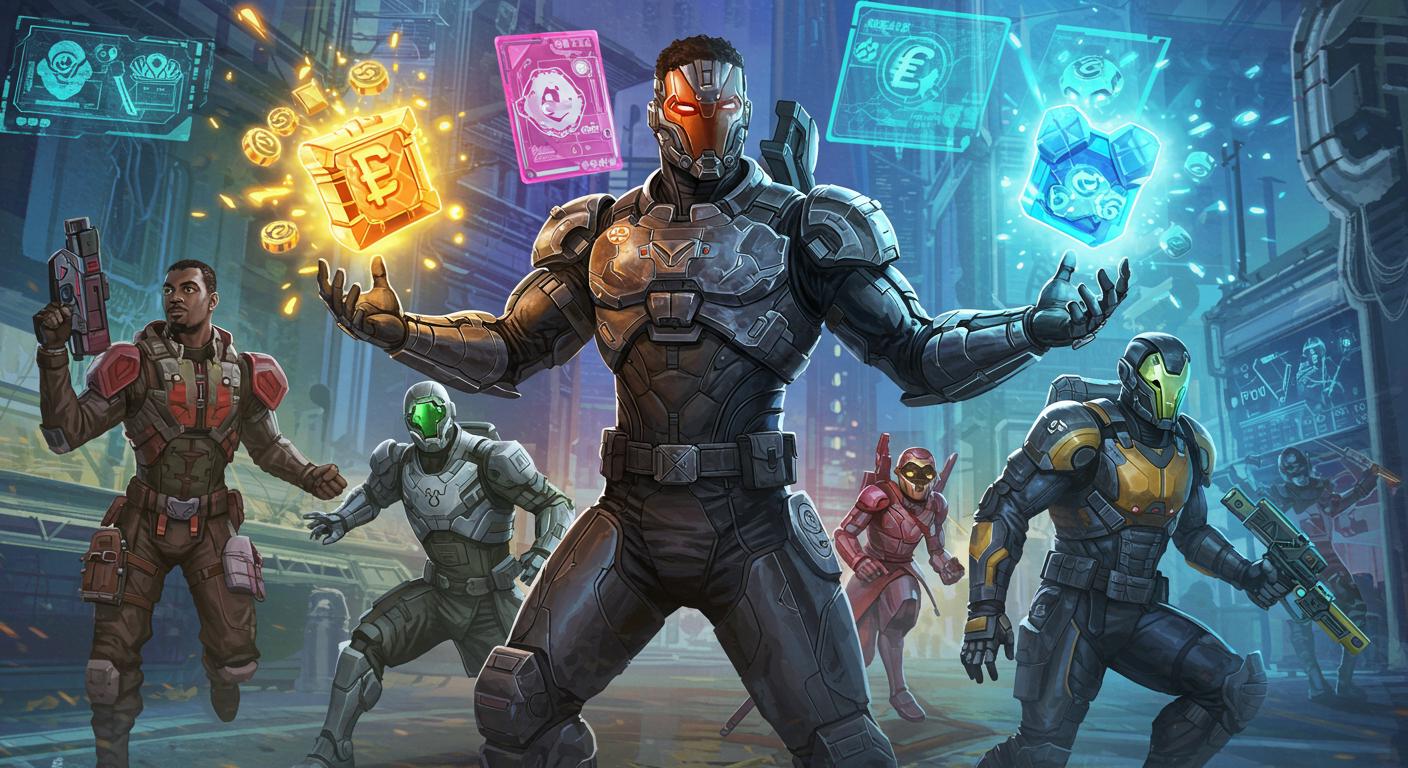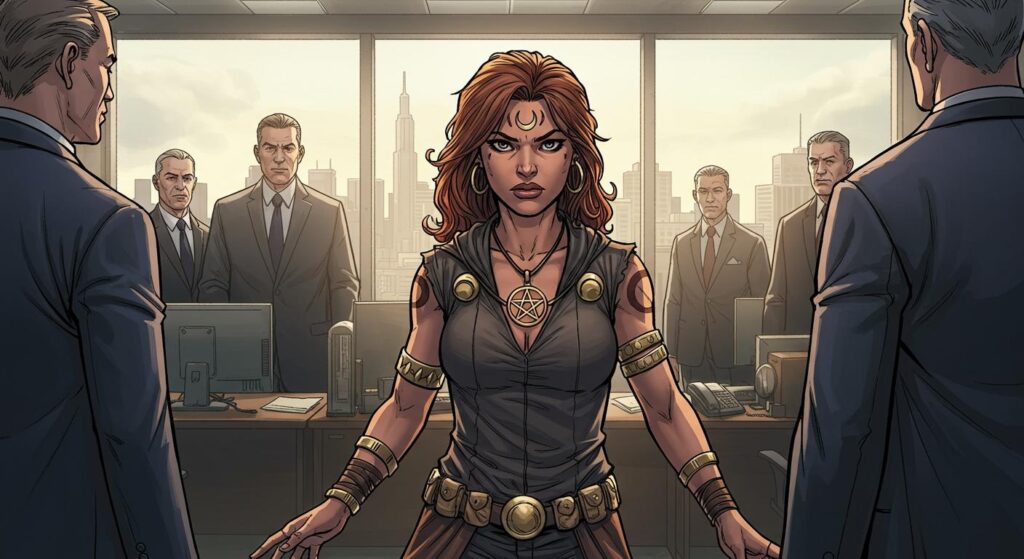Let’s take a minute to savor Ubisoft’s latest offering—not a slick historical city or parkour mechanic, but the idea that microtransactions “make games more fun.” According to this year’s financial reports, as reported by GameReactor, the publisher best known for Assassin’s Creed, Rainbow Six, and, lately, for putting its hand out after you’ve purchased a $70 game, thinks in-game purchases are something most of us secretly (or not so secretly) wish for in our leisure time.
GameReactor highlights that Ubisoft’s quarterly report describes microtransactions not just as a way to pad their bottom line, but as a fun enhancement to your “gameplay experience.” Specifically, the company claims that being able to purchase customizations and pay to progress more quickly makes things, in their words, “more fun.”
Fun for Whom?
On one level, there’s an undeniable, if accidental, sense of irony in these corporate statements. Ubisoft’s assertion, paraphrased from GameLuster’s summary, appears blissfully unaware of gamer sentiment, which could charitably be called “unconvinced.” Optional spending on cosmetic items is, without question, both defensible and widely popular; people love hats, virtual or real. But the claim that buying XP boosts or “catching up” via your credit card is universally fun? That’s a bit like saying a late fee on a library book makes reading more exciting—it is, technically, an optional thrill.
GameLuster recounts Ubisoft’s notorious move during Assassin’s Creed Odyssey’s life cycle: after releasing the game, Ubisoft patched it so leveling up became slower, then offered a paid XP boost as a supposed “fun” way to fix the problem. It’s a clever magic trick—create an obstacle, then sell the ladder—but not one that drew applause from most players. This context, as highlighted by GameLuster, shows why public reactions are more skeptical than celebratory.
According to eTeknix, although digital add-ons have revolutionized the industry’s economic model, only a small fraction of the overall player base actually opts in. Yet Ubisoft insists that these microtransactions “bring happiness to gamers.” For those keeping score, that’s a bold assertion—one that might leave some players looking for the punchline.
The Science (or Art) of Joyful Spending
For Ubisoft, “fun” might just mean “profitable.” Tech4Gamers, in their reporting, points out that microtransactions made up 58% of Ubisoft’s PC revenue last year. That’s more than just a cherry on top—it’s the whole sundae. The publisher, perhaps understandably, cites this as evidence that players enjoy the model. However, as Tech4Gamers and the other outlets note, widespread player sentiment tends toward “grumpy resignation” rather than “gleeful anticipation,” casting some doubt on how eagerly this fun is embraced.
Facing this backlash, eTeknix details that Ubisoft has established a dedicated team to monitor monetization risks. The company says this group aims to examine the challenges of monetization, including practices that might seem manipulative or unclear to players. What exactly goes on behind these closed doors remains a mystery—Ubisoft has stated it won’t share specifics about internal rules or recommendations due to the “complex and sensitive” nature of the subject, according to eTeknix’s summary of the financial report.
The idea that microtransactions, particularly in full-priced single-player games like Assassin’s Creed Shadows, are a crowd-pleaser seems questionable. As Tech4Gamers documents, while skins and optional flair remain widely accepted in the free-to-play world, the arrival of pay-to-progress mechanics in premium games feels, for many, like being handed a restaurant bill after eating at a friend’s house.
The Eternal Debate: Optional or Essential?
Ubisoft’s reports—and the statements highlighted by the gaming press—continue to stress that microtransactions are optional. There is a sliver of truth here: For some, dropping a few bucks on a new coat of arms or flashy outfit is genuinely enjoyable, and no one is forced to open their wallet. But, as GameLuster reminds us while referencing Odyssey, when the design of core progression is made deliberately grindy, the line between “optional” and “necessary” can become distinctly blurred.
It’s not that microtransactions are inherently villainous; when implemented thoughtfully and with boundaries, they can add replay value and personalization. But once intertwined with the very sinews of a game—altering pace, balance, or narrative loop—they risk feeling less like “extra fun” and more like a tax on time, patience, or nostalgia.
An Odd Kind of Fun
There’s something inherently entertaining (in the most Ubisoftian sense) about watching a company describe revenue-generating mechanics as acts of generosity. Is it possible that, in some parallel universe, game history will be studied for its bold innovations in “fun delivery systems” rather than creative monetization?
Whether these claims ever sway the gaming public’s opinion remains to be seen. For now, the proposition that microtransactions don’t just supplement your experience but actively enhance it is, at best, a creative reframing—one that asks players to consider what “fun” really means, and whether it was ever supposed to come with a receipt.
Sometimes, the strangest thing in games isn’t what’s hidden in the code, but how companies describe the features they’re most enthusiastic to sell you. Does the act of spending add joy for you, as Ubisoft suggests, or is this new definition of “fun” best enjoyed at a respectful distance?







